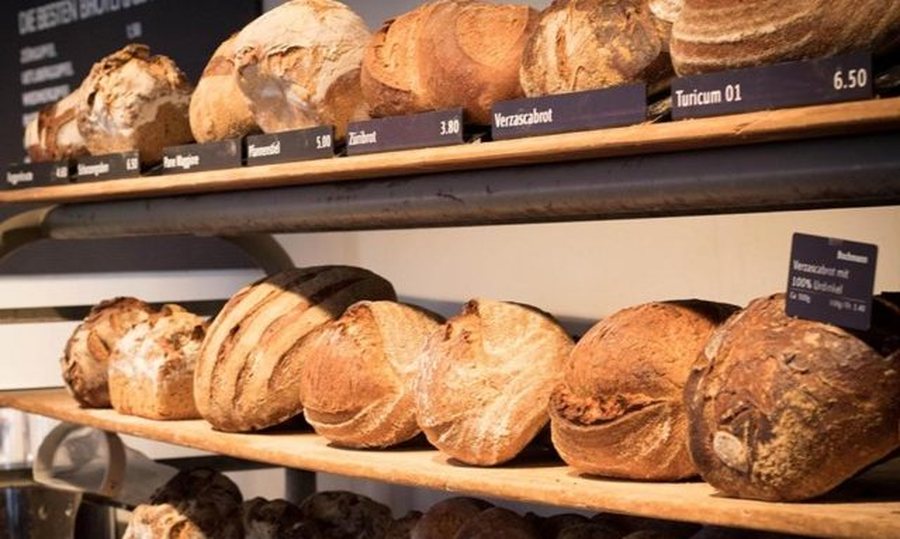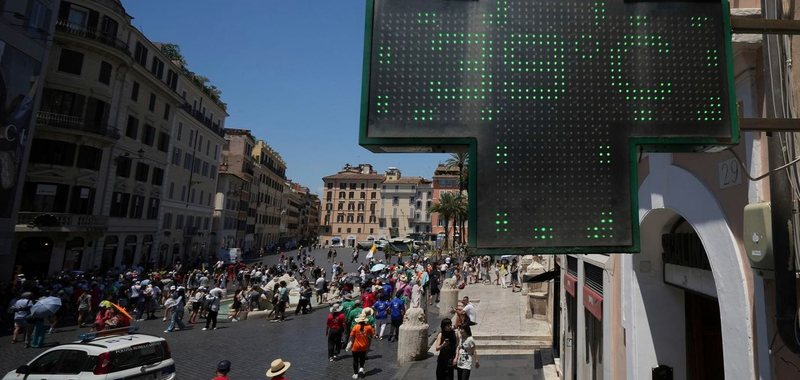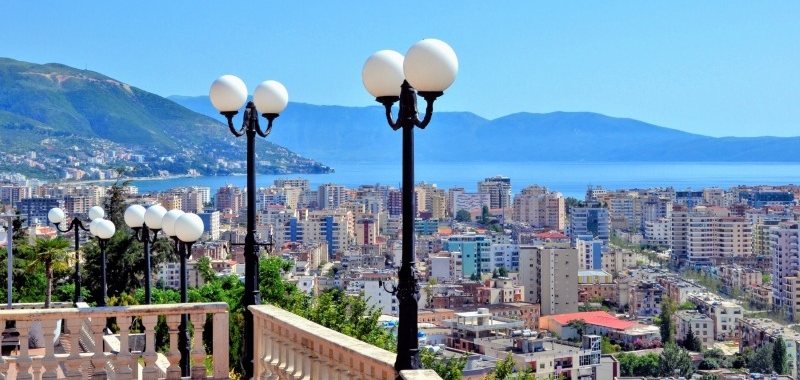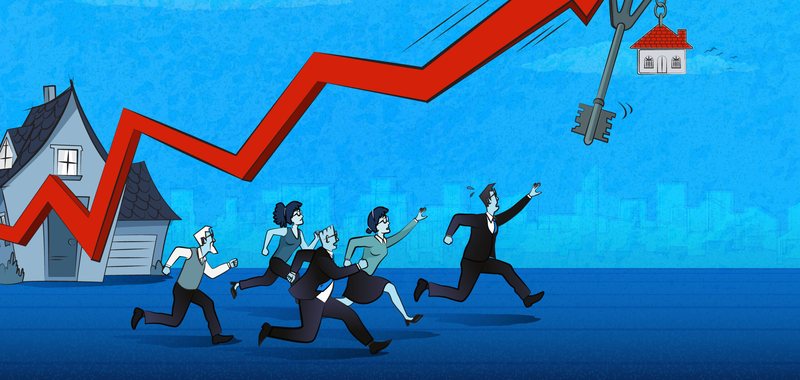Why is Spain "rejecting" bread? - Consumption has shrunk by 80% since 1960

Bread, the inseparable companion of every Spanish meal, is disappearing from tables at an alarming rate. The data is clear. In the early 1960s, each Spaniard consumed 134 kilograms of bread per year. Today, this amount has been reduced to almost 28 kilograms per year, a drop of 80% that reflects much more than a simple change in diet.
The transformation is largely generational and cultural. According to experts in the sector, there is a very different approach between young and old. Young people have replaced this traditional food with other sources of carbohydrates, such as pizza or pasta, and directly link bread to weight gain and food intolerances.
This shift away from the typical Mediterranean diet has been progressive but unstoppable. In the last decade, demand has fallen by over 20%, from 34.9 kilograms per capita in 2015 to 27.82 kilograms in 2025. The daily purchase of bread, once a ritual, is becoming increasingly rare.
One of the most influential factors in this decline is the misconception about the nutritional value of bread. "Bread has been 'hit' by the wrong assumption that it makes you gain weight," says a representative of the industry in this sector. This belief is so widespread that 29.2% of Spaniards follow a bread-free diet, while 24% do not consider it necessary for a balanced diet.
The reality is different: the fat content of bread is low, but the sector has tried to dispel this myth for decades without much success. Furthermore, many people who are not intolerant have stopped consuming gluten products, further contributing to the decline in consumption.
The crisis has hit the traditional sector hard. About 40% of bakeries have closed since the beginning of the century, due to falling consumption. Bread has become 30% more expensive in a decade and is now sold mainly in supermarkets and gas stations, where industrial products dominate.

"Earth will warm by 2.8 degrees by 2100" - UN report: Countries far from meeting climate targets
The Earth risks warming by 2.8 degrees Celsius by the end of the century unless additional measures are taken to reduce greenhouse gas emissions, according......

A new agreement for the sustainable development of enterprises in Albania!
Today, AIDA and the International Labor Organization (ILO) signed a cooperation agreement to institutionalize the SCORE program – which aims to increase......

Discussions on the 2026 budget, Spiropali: Revitalization and strengthening of economic diplomacy
In 2026, the process of Albania's integration into the EU will enter its decisive chapter. This was stated by Minister Elisa Spiropali from the Parliamentary......

Urban revitalization in the city of Vlora - ADF, 150 million lek investment for infrastructure
The Albanian Development Fund has announced the opening of the competition for investments in the infrastructure of markets, commercial spaces,......

Rent bills, a burden for consumers/ Lead the price increase in October. Inflation estimated at 2.3%
In October 2025, the Consumer Price Index reached 120.3, compared to the December 2020 base. According to official data, annual inflation was recorded at......

Germany's trade surplus in free fall - Reaches lowest level since October last year
Germany's trade surplus shrank further in September, reaching its lowest level since October 2024, as stronger-than-expected growth in imports outweighed......

Firefighting aircraft, armament, infrastructure and technology - Ministry of Defense increases capacities, 59 billion lek investments in 2026
With a total budget of around 59 billion lek, the Ministry of Defense is expected to carry out a series of important investments for 2026. In the ground......

"Pensions, promote the second and third pillars" - Minxhozi: The Bank of Albania recommends reviewing the scheme's parameters
In conditions where the deficit of the social and health insurance scheme continues to be a considerable burden on the state budget, the Bank of Albania......


















